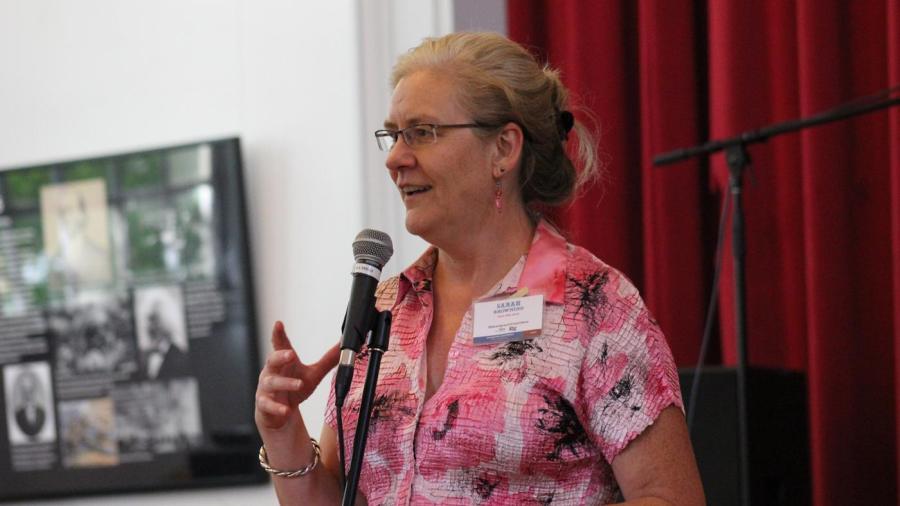What Are Some Examples of Closing Remarks?

The proper format for closing remarks depends heavily on context; for example, closing remarks for a medical industry conference can be along the lines of a summary of events at the conference, such as, “This week, conference attendees heard speeches from some of the leading researchers in the medical field,” followed by a summary of the professionals who spoke and the topics they covered. Although this more formal format may be suitable for a professional conference, something less formal, such as a gathering of hobbyists, may call for something less structured. In general, closing remarks should summarize the event or publication in question and can also provide listeners or readers with a sense of inspiration or action.
In addition to summarizing the events that took place or topics that were discussed, closing remarks are an appropriate time for the speaker to thank or acknowledge those people who made the event possible, including sponsors and organizers. It can also be appropriate to thank attendees at the end of the speech, with the speaker making sure to avoid ending on an unpolished or abrupt note, such as saying “that’s the end of my speech.” Speeches can close on an effective note like a callback to earlier parts of the speech or a rhetorical question that will inspire listeners.





